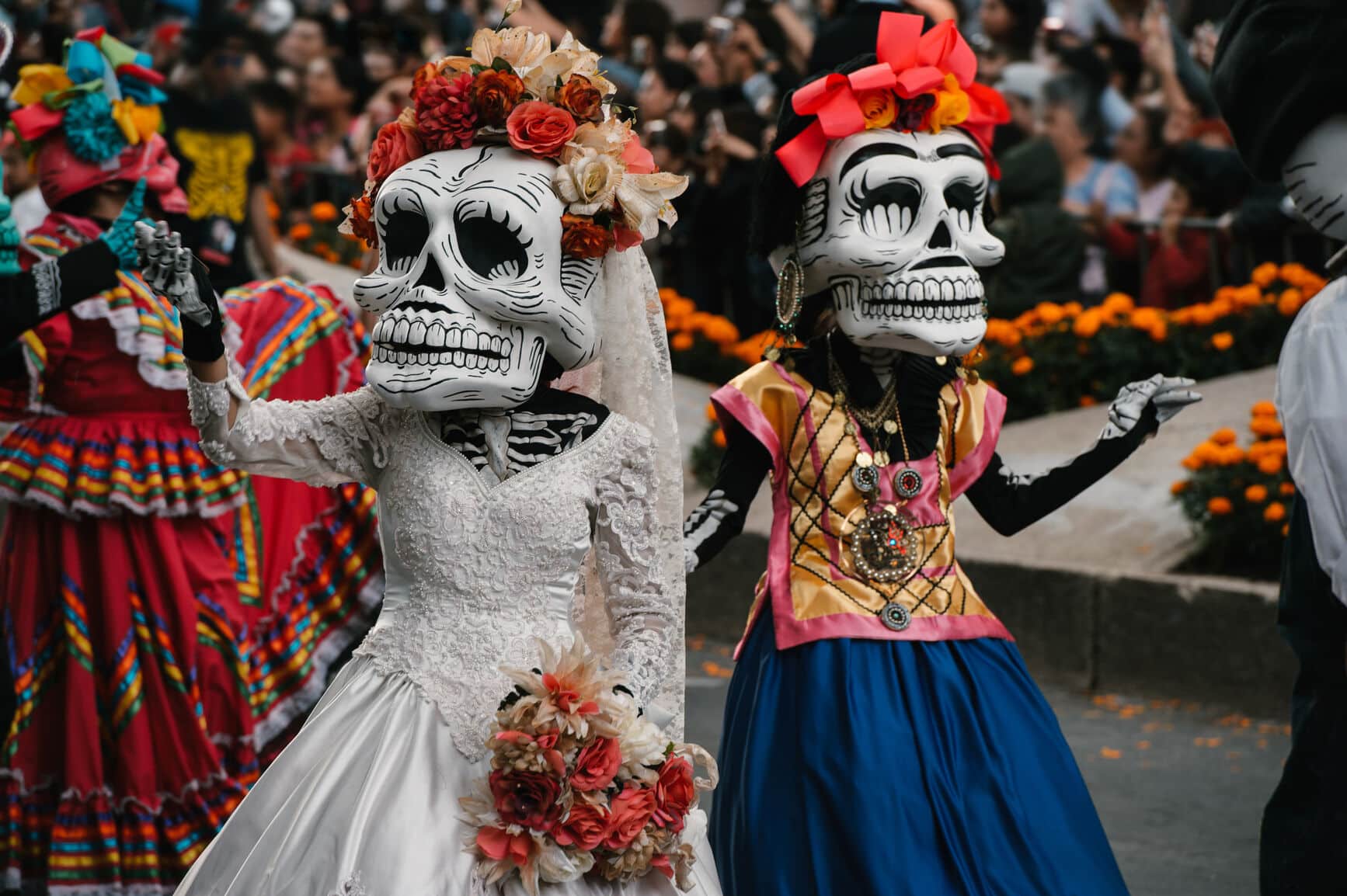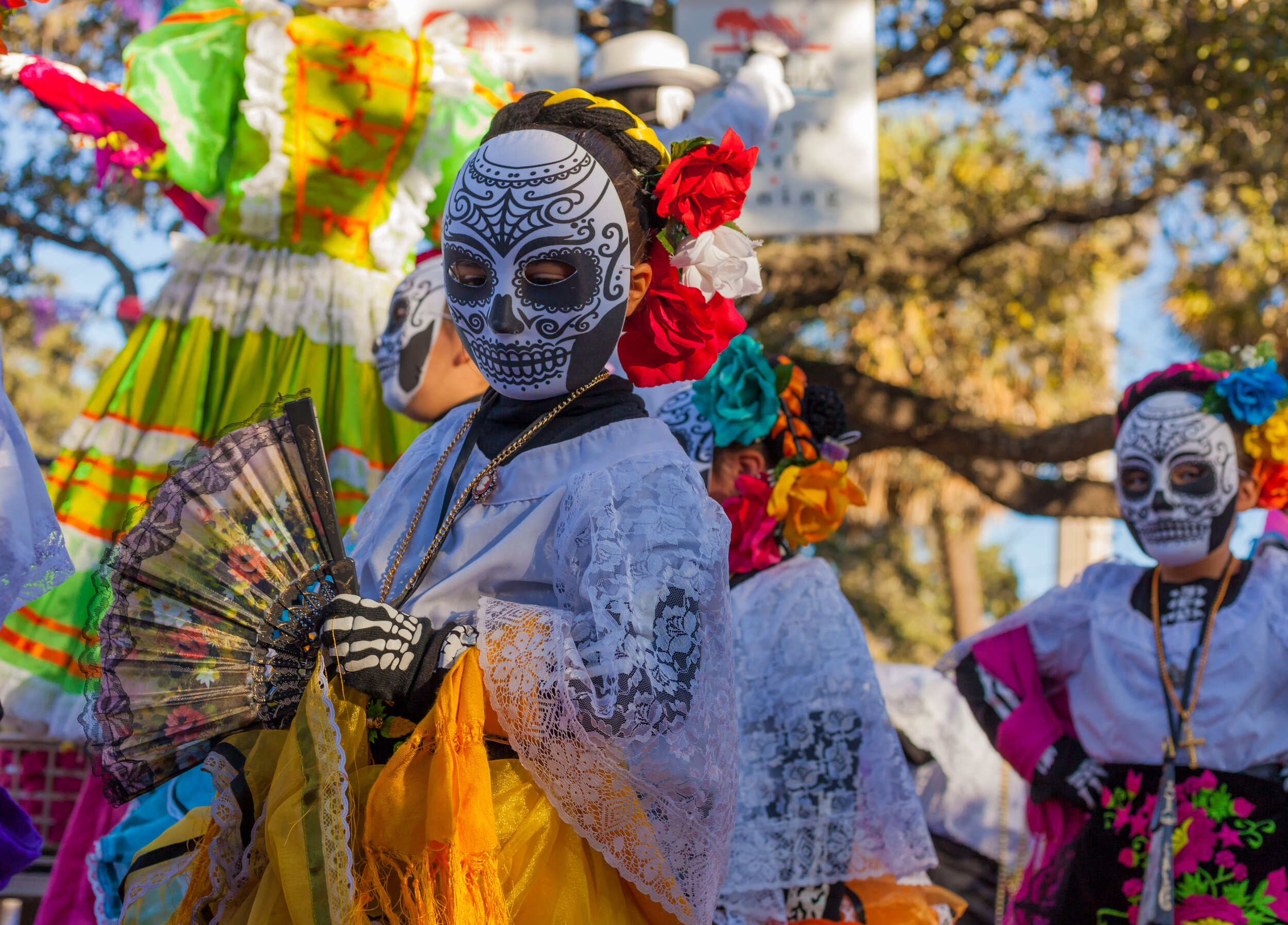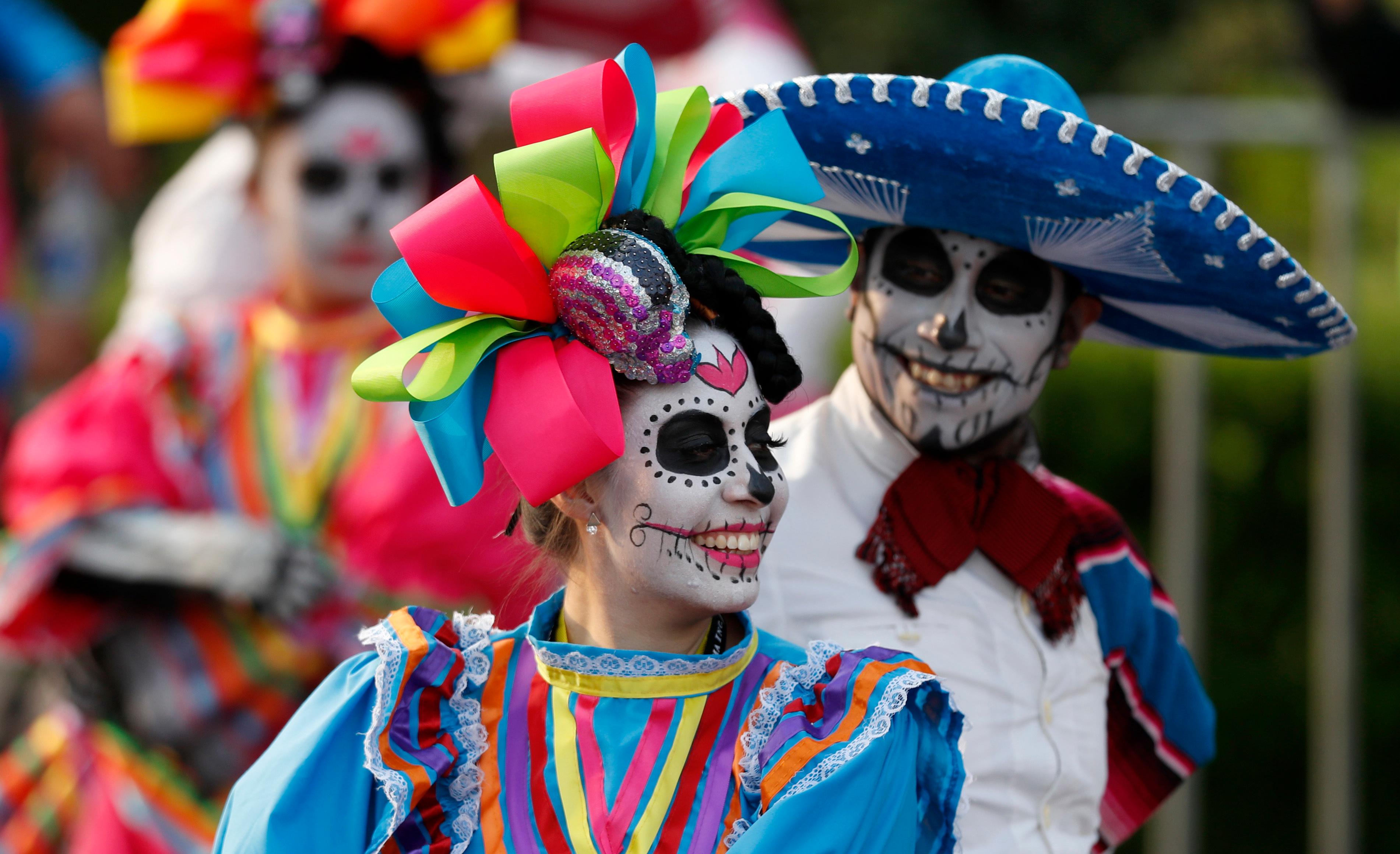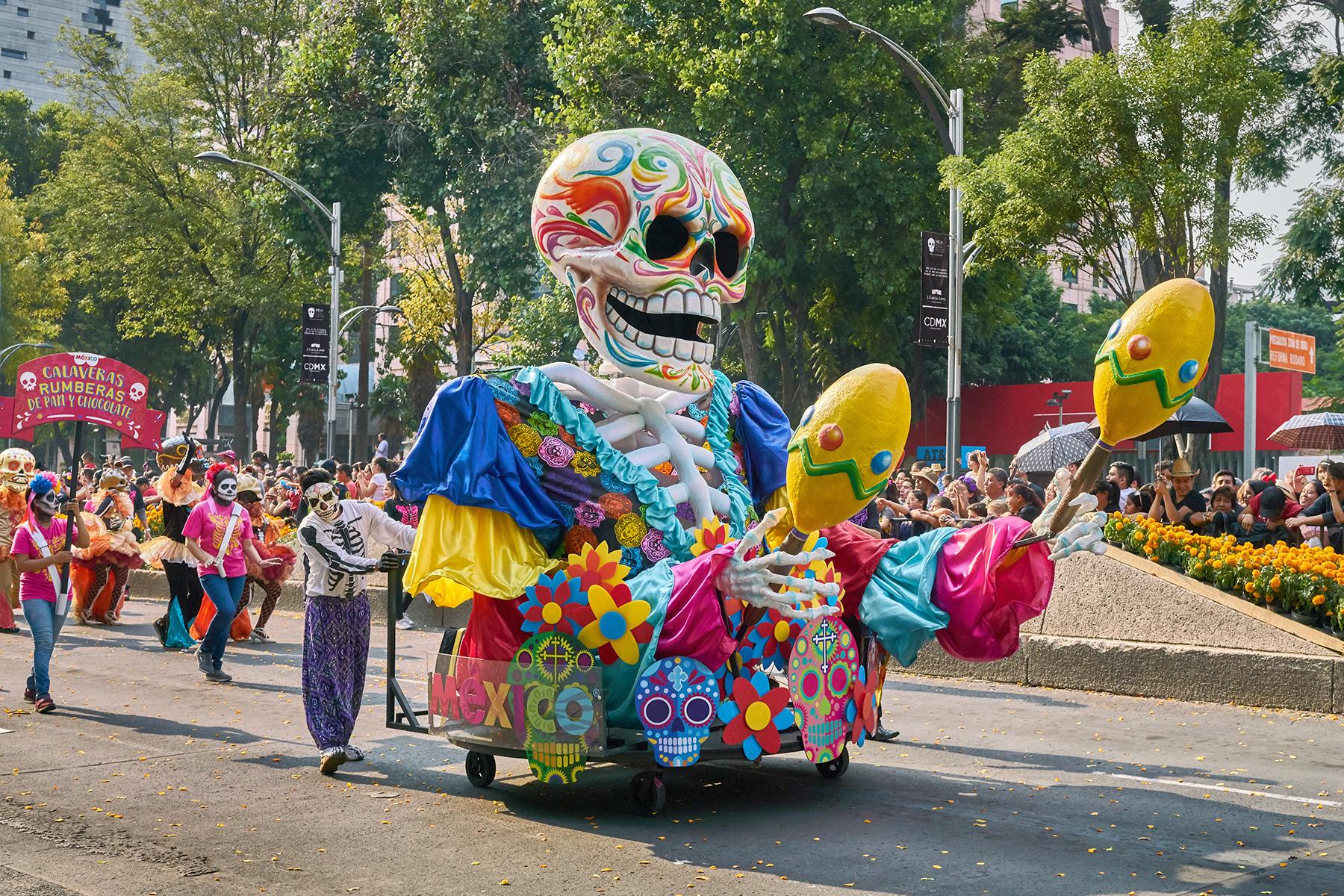Halloween and Day of the Dead in Mexico 2024: A Vibrant Celebration of Life and Remembrance
Related Articles: Halloween and Day of the Dead in Mexico 2024: A Vibrant Celebration of Life and Remembrance
- Halloween Day Memes 2024: A Spooktacular Guide To The Best Memes
- Halloween Day Information 2024
- Halloween Day In Spanish 2024
- Halloween And Day Of The Dead 2024: A Spooktacular Celebration
- Halloween 2024: A Night Of Spooktacular Revelry
Introduction
With great pleasure, we will explore the intriguing topic related to Halloween and Day of the Dead in Mexico 2024: A Vibrant Celebration of Life and Remembrance. Let’s weave interesting information and offer fresh perspectives to the readers.
Table of Content
Video about Halloween and Day of the Dead in Mexico 2024: A Vibrant Celebration of Life and Remembrance
Halloween and Day of the Dead in Mexico 2024: A Vibrant Celebration of Life and Remembrance

Mexico is renowned for its vibrant and unique cultural traditions, and the celebrations surrounding Halloween and Day of the Dead are no exception. These festivities, known as "Día de los Muertos" in Spanish, are a fusion of ancient indigenous rituals and Catholic influences, creating a captivating blend of spirituality, remembrance, and joyful celebration. In 2024, the Day of the Dead will be observed from October 31st to November 2nd, offering visitors an extraordinary opportunity to immerse themselves in this mesmerizing cultural experience.
Origins and Significance
The Day of the Dead has its roots in the pre-Hispanic era, when indigenous communities believed that the boundary between the living and the dead became blurred during the ninth month of the Aztec calendar, which coincided with the end of October and early November. During this time, deceased loved ones were said to return to the realm of the living to visit their families. To honor and welcome these returning spirits, elaborate rituals and offerings were made.
With the arrival of Spanish colonizers in the 16th century, Catholic beliefs and traditions gradually intertwined with indigenous customs, giving rise to the modern-day Day of the Dead celebrations. The Catholic Church designated November 1st as All Saints’ Day, a day to honor Christian saints, while November 2nd became All Souls’ Day, a day to remember and pray for the souls of the deceased.
Celebrations and Traditions
The Day of the Dead is not a day of mourning in Mexico but rather a joyous and celebratory occasion. Families and communities come together to create elaborate altars, known as "ofrendas," adorned with vibrant marigolds, candles, food, and personal belongings of their departed loved ones. These altars serve as a bridge between the living and the dead, allowing the spirits to return and enjoy the offerings left for them.
Marigolds, known as "cempasúchil" in Nahuatl, play a significant role in the festivities. Their vibrant orange and yellow petals are believed to guide the spirits back to their homes, and their sweet scent is said to attract them. Candles are also essential, as they represent the light that guides the spirits during their journey.
Food is an integral part of the Day of the Dead celebrations. Families prepare traditional dishes such as "pan de muerto," a sweet bread shaped like a skull or crossbones, and "mole," a complex and flavorful sauce served with meat or vegetables. These delicacies are offered to the deceased as a sign of love and respect.
Another iconic symbol of the Day of the Dead is the "calavera," or skull. Skulls are depicted in various forms, from colorful sugar skulls to elaborate papier-mâché creations. They represent the acceptance and celebration of death as a natural part of life.
Parades and Festivals
In many parts of Mexico, the Day of the Dead is celebrated with vibrant parades and festivals. The largest and most famous of these is the "Gran Desfile de Día de Muertos" (Grand Day of the Dead Parade) in Mexico City. This spectacular parade features colorful floats, costumed performers, and traditional music, creating an unforgettable visual and auditory feast.
Other popular destinations for Day of the Dead celebrations include Oaxaca, San Miguel de Allende, and Guanajuato. These cities host a variety of events, including traditional processions, live music performances, and art exhibitions.
UNESCO Intangible Cultural Heritage
In 2008, the Day of the Dead was recognized by UNESCO as an Intangible Cultural Heritage of Humanity. This recognition highlights the importance of this unique tradition and its role in Mexican culture and identity.
Experiencing the Day of the Dead in 2024
For travelers seeking an authentic and unforgettable Day of the Dead experience in 2024, there are several key destinations to consider:
- Mexico City: The capital of Mexico offers the largest and most elaborate Day of the Dead celebrations, including the renowned Gran Desfile de Día de Muertos parade.
- Oaxaca: Known for its vibrant indigenous culture, Oaxaca hosts a colorful Day of the Dead festival with traditional processions, music, and food offerings.
- San Miguel de Allende: This charming colonial city offers a more intimate and traditional Day of the Dead experience, with candlelit processions and elaborate altars.
- Guanajuato: A UNESCO World Heritage Site, Guanajuato is renowned for its vibrant Day of the Dead festivities, including a lively parade and colorful street decorations.
Tips for Travelers
- Plan ahead: Book your accommodations and flights well in advance, as the Day of the Dead is a popular time to visit Mexico.
- Respect local customs: Be respectful of the traditions and customs surrounding the Day of the Dead. Avoid dressing up in costumes that may be offensive.
- Bring comfortable shoes: You will be doing a lot of walking during the festivities.
- Learn a few Spanish phrases: Basic Spanish phrases can help you interact with locals and participate in the celebrations.
- Stay safe: Be aware of your surroundings and take precautions against theft and other potential hazards.
Conclusion
The Day of the Dead in Mexico is a vibrant and captivating celebration that honors the memory of loved ones while embracing the natural cycle of life and death. In 2024, visitors from around the world will have the opportunity to witness this extraordinary cultural event, immerse themselves in its traditions, and experience the unique blend of spirituality, remembrance, and joyful celebration that makes this festival so special.







Closure
Thus, we hope this article has provided valuable insights into Halloween and Day of the Dead in Mexico 2024: A Vibrant Celebration of Life and Remembrance. We appreciate your attention to our article. See you in our next article!